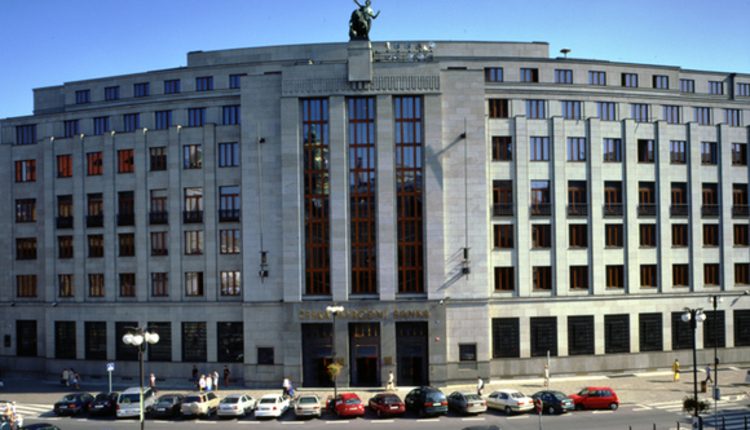Czech National Bank is expected to cut borrowing costs on Thursday in response to weakening inflation and weak economic growth, the information of how much the bank will cut is yet to be disclosed, Bloomberg reported.
Following the first reduction in the benchmark interest rate to 6.75 per cent in December, 14 analysts in a Bloomberg survey anticipate another 25 basis points to be moved today, while 10 anticipate a reduction twice that size, which is also consistent with money-market bets.
As the 11 million-strong member of the European Union recovers from its worst inflation crisis in three decades, the board of the Czech National Bank will assess the impact of approximately two years of economic stagnation against persistent price pressures. In the fourth quarter, the $300 billion economy just missed going back into recession. In January, inflation is expected to be close to 3 per cent, down from a peak of 18 per cent in the fall of 2022.
“The data speak in favour of a steeper cut,” said David Navratil, chief economist at Erste Group Bank AG’s Czech unit. “However, some more cautious bank board members will want to wait for January inflation that will be published only next week.”
For this reason, a quarter-point reduction seems more likely, but he added that an inflation reading below 3 per cent would pave the way for a more significant move in March.
The central bank will announce the decision in Prague at 2:30 p.m. and will hold a press conference at 3:45 p.m., during which it will also highlight the key findings of updated quarterly projections.
Following signals from board member Tomas Holub and Vice Governor Jan Frait—the first two of the seven policymakers to seek easing last year—that they would support a move in that direction, investors raised their bets on a 50 basis-point reduction. Other central bankers seemed more cautious.
Vice Governor Eva Zamrazilova has said that the board may accelerate monetary easing if inflation declines towards the 2 per cent target faster than the central bank expects.
For the time being, lower rate cuts may be supported by a declining value of the currency.
The koruna currency is underperforming the central bank’s forecast and is trading near its lowest points in the past two years, loosening exporters’ financial conditions.
However, economists at Goldman Sachs Group Inc. predict that the outcome of the February meeting will be “close call.”
“One can make a strong tactical case for cutting by only 25 basis points,” they said in a report. “On balance, however, we think the board will opt for a 50 basis-point move.”


